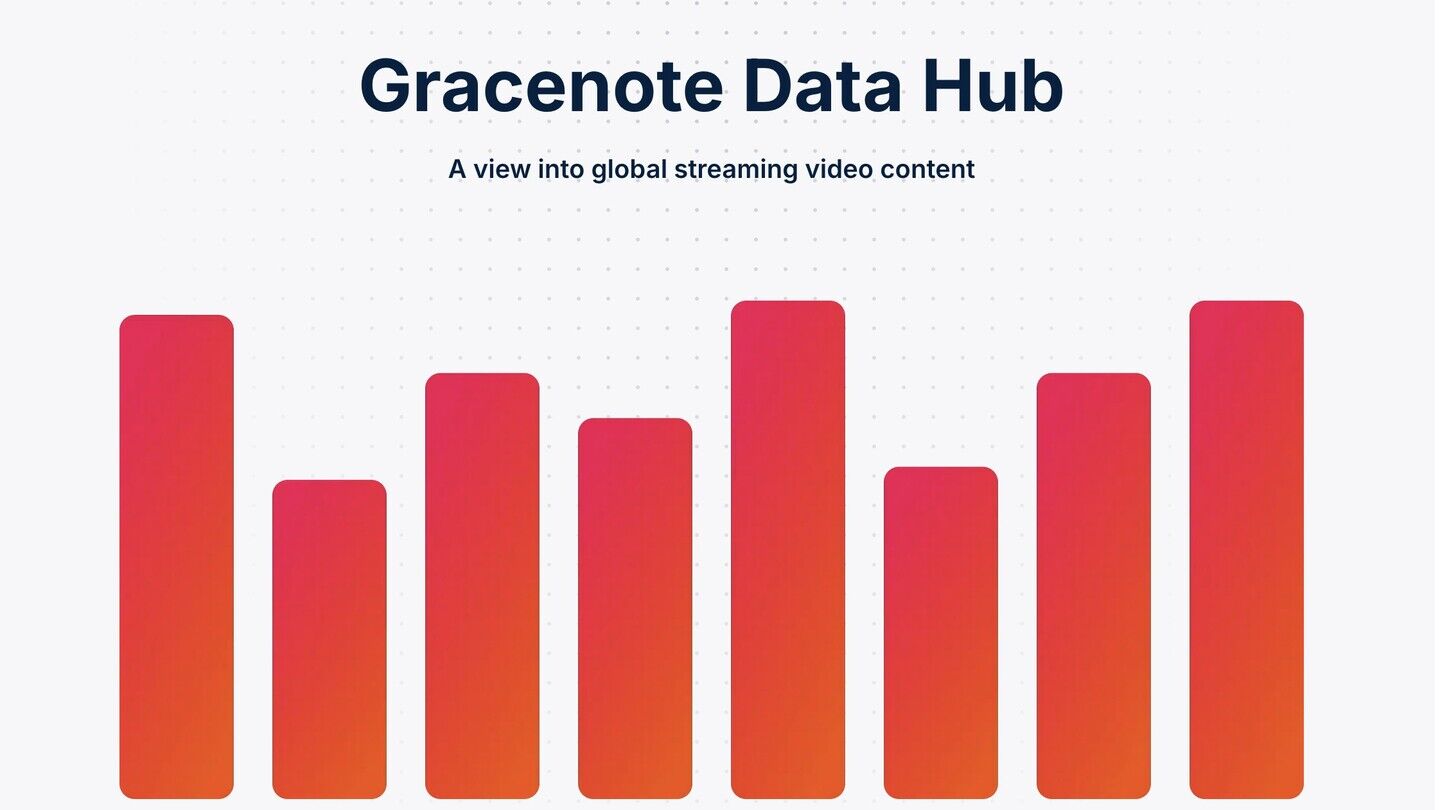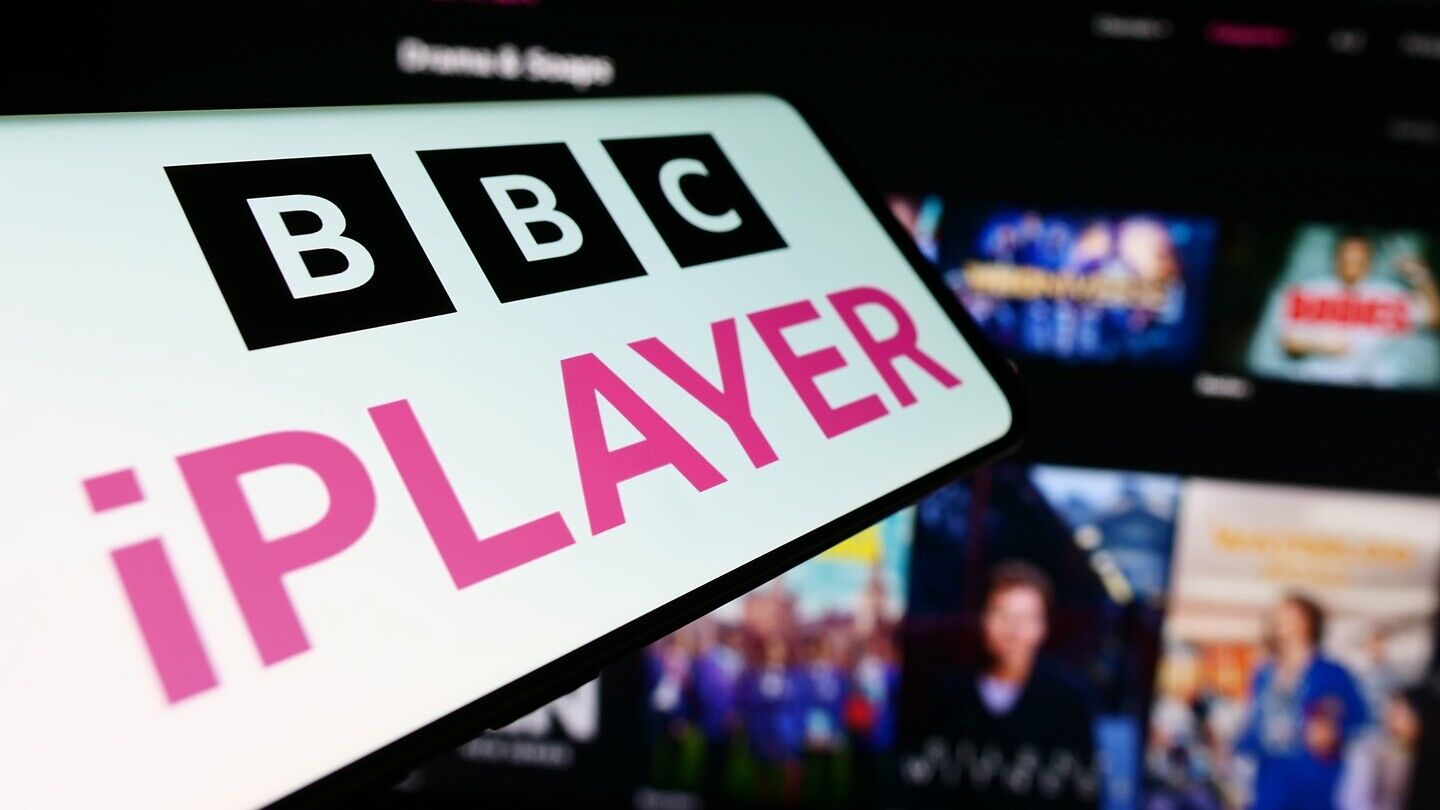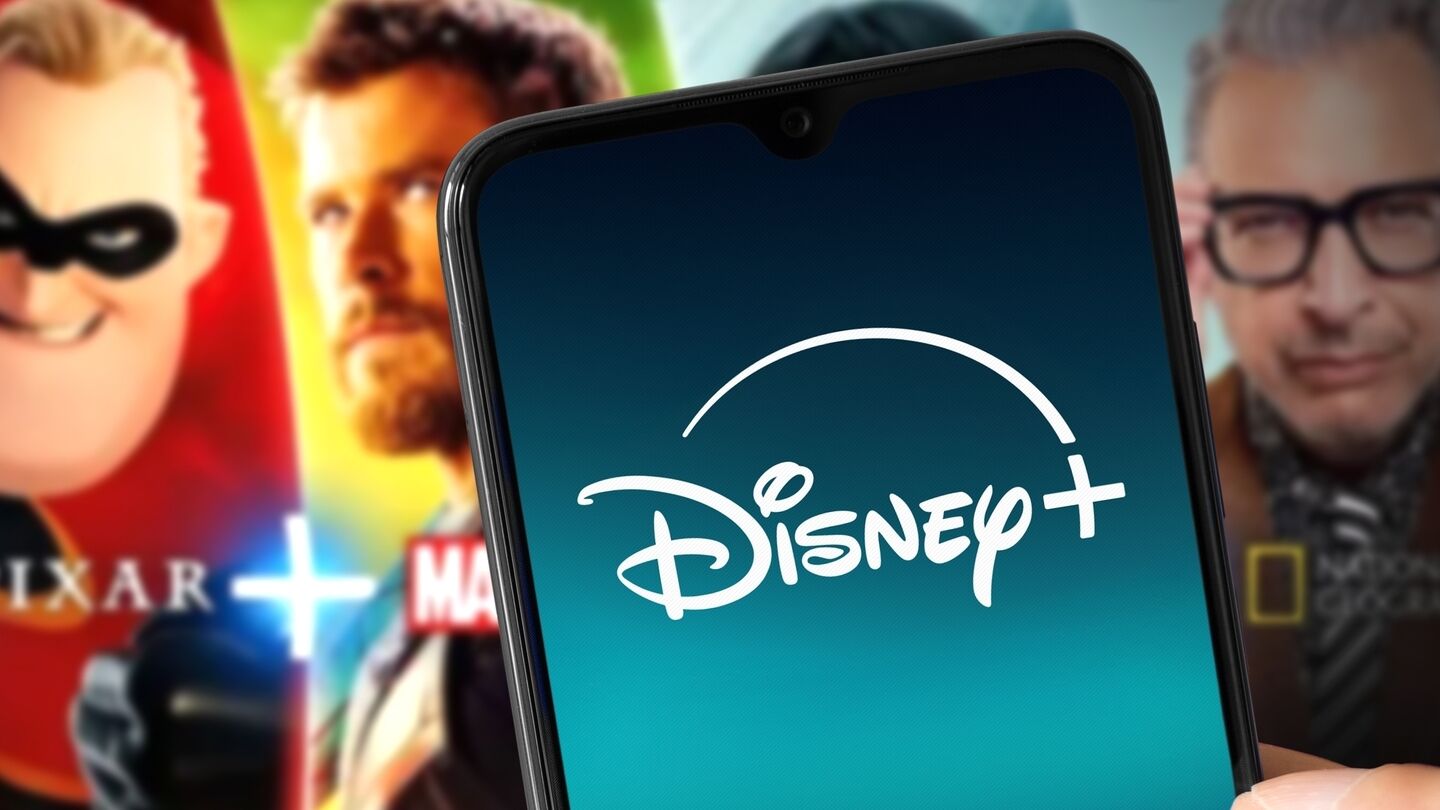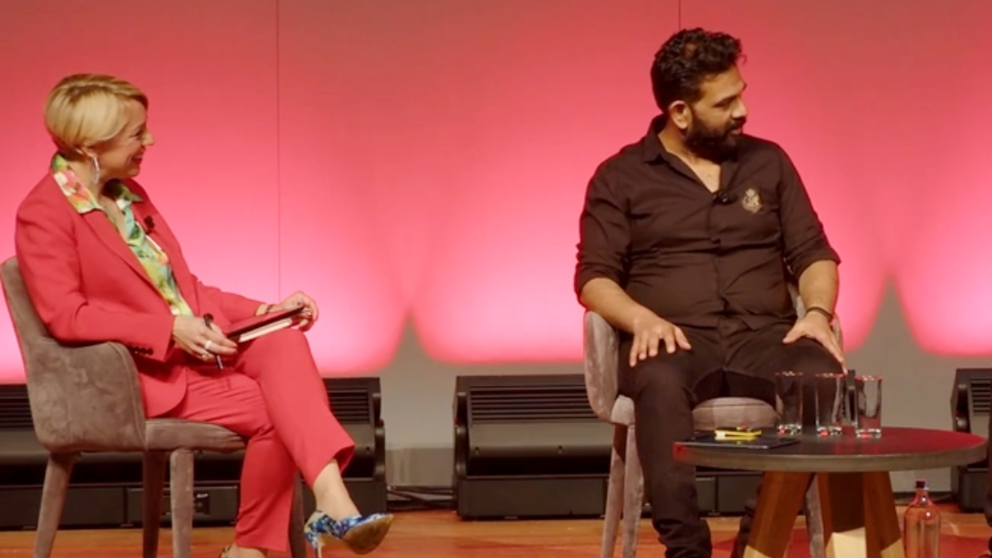The European Broadcasting Union (EBU) has launched its first direct-to-consumer streaming service, Eurovision Sport.
The EBU said it was part of a move to enhance the amount of free public access to sports content across Europe, adding that the service will complement existing coverage provided by its public service media members.
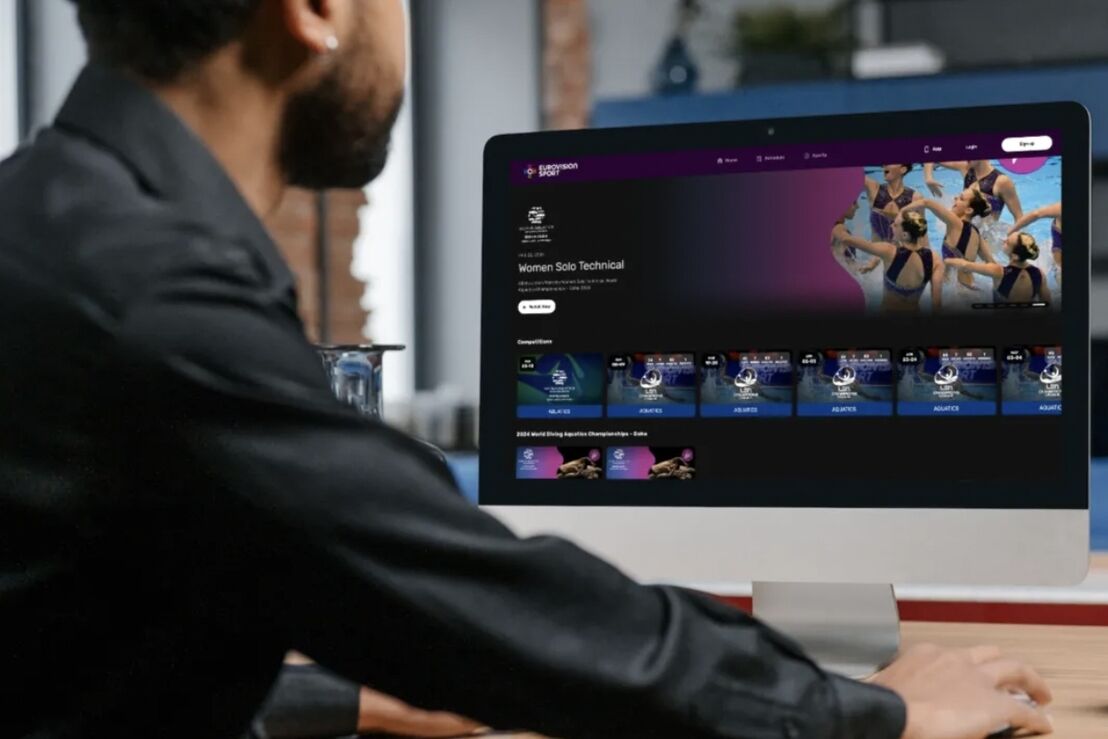
Eurovision Sport will feature events from World to European Championships, multi-sport events and national championships.
Eurovision Sport will show every minute of this month’s World Aquatics Championships in Doha (Feb 2-18), the upcoming International Biathlon Union World Championships (Feb 7-18) in Czechia and next month’s World Athletics Indoor Championships in Glasgow (March 1-3).
Other events being covered include the ICF Canoe Sprint World Championships, the America’s Cup, the European Athletics Championships Rome and the Women’s Ski Jumping World Cup.
The EBU has partnered with Nagravision to develop and operate the Eurovision Sport platform.
Noel Curran, the EBU’s Director General, said: “Eurovision Sport is a game-changer for sports fans across Europe and right around the world.
“We firmly believe that sport should be for all. Our public service media Members already bring many of the world’s leading sporting events to audiences free-to-air and this new digital platform will provide wrap-around coverage, so they never have to miss a moment of their favourite event.
“Currently only a third of sports fans have access to premium sports channels. Through its free streaming, we hope Eurovision Sport will democratise access to live sports coverage and help grow individual sports through visibility and engagement, encouraging greater participation and making sure we are all ‘united by sport’.”
The EBU currently manages the media rights for 14 sports on behalf of public service media, delivering over 43,000 hours of sport a year through agreements with 28 international sports federations.
Glen Killane, Executive Director for Sport at the EBU, said: “With the support of public service media, we’ll be able to provide sports federations with an unrivalled shop window for their sports around the world.
“In this fragmented digital world, it is difficult and expensive for sports fans to find and access the sport they love and for Sports Federations to attract new audiences. This digital platform provides a solution to both of those problems. Together with our Members, the EBU will ensure that every second of our events are available to all for free in every country in Europe and around the world.
“Diversity and inclusion are also at the heart of this platform. The EBU and our Members have the most gender balanced range of sports rights in the market and women’s sports will be a key part of our ongoing strategy. Eurovision Sport will be a trustworthy and safe place for women athletes and fans.”
Eurovision Sport is accessible via eurovisionsport.com, as an app for android and iOS mobile and tablet devices, and, later in the year, via Connected TVs and selected free ad-supported streaming television channels.
You are not signed in
Only registered users can comment on this article.

HbbTV Association formally integrates DRM in HbbTV 2.0.5
The HbbTV Association has published version 2.0.5 of its core specification, which formally integrates digital rights management (DRM). While HbbTV devices have supported DRM for many years, this is the first time it has been explicitly defined, providing a harmonised, interoperable approach across the ecosystem.

Netflix withdraws from race to acquire Warner Bros Discovery
Netflix has withdrawn from the race to acquire Warner Bros Discovery, leaving the way clear for Paramount Skydance to win the months-long battle for the historic Hollywood studio.

Avatar: Fire and Ash leads at Visual Effects Society awards
Avatar: Fire and Ash was the big winner at the Visual Effects Society’s 24th Annual VES Awards, taking home seven awards in total, including the top prize of Outstanding Visual Effects in a Photoreal Feature.

UK set to enhance regulation of major streamers such as Netflix and Disney+
The UK's biggest video-on-demand services will have to follow the same content and accessibility rules as traditional broadcasters, under new government legislation.

Charity publishes set of principles for mentally healthy productions
The Film and TV Charity has unveiled its new ‘Principles for Mentally Healthy Productions’ to help address systemic pressures and poor working practices across the UK screen sector, aiming to improve culture and conditions on productions.

